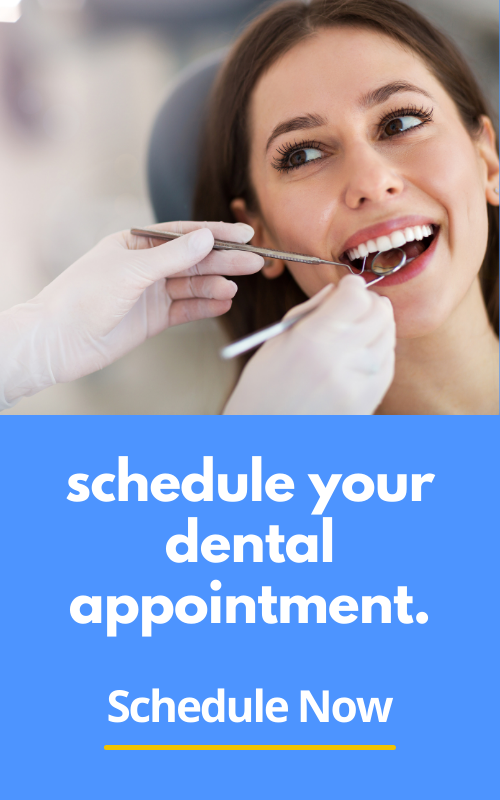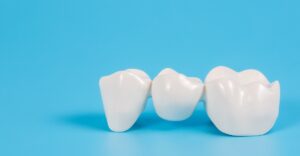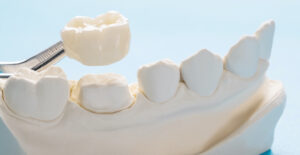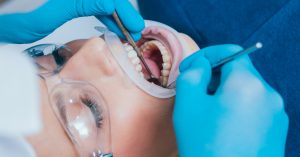You’re not alone if you’ve recently been diagnosed with sensitive teeth. A recent survey showed 1 in 8 adults has sensitive teeth. However, you may be wondering how long your condition will last. The answer depends on the underlying cause of your sensitivity and the steps you take to manage it. In this blog post, we’ll discuss the factors that influence how long sensitive teeth can last and what you can do to reduce discomfort.
What Causes Sensitive Teeth?
Sensitive teeth are caused by various factors, including enamel erosion, gum recession, grinding and/or clenching, cracked or chipped teeth, and worn-down fillings. Sometimes, sensitivity may also be caused by an underlying medical condition such as diabetes or an autoimmune disorder.
Enamel erosion is one of the most common causes of sensitive teeth. This occurs when acids in food and drinks wear away at the protective layer of enamel on your teeth. As the enamel erodes, it exposes the dentin layer beneath it, which is much more sensitive to temperature changes and other stimuli.
Gum recession is another common cause of sensitive teeth. This occurs when the gums recede from the tooth surface due to periodontal disease or aggressive brushing techniques. As the gums recede, they expose more of the root surface, which is much more sensitive than enamel-covered areas.
Grinding and/or clenching can cause wear of tooth structure, leading to exposed nerve endings and subsequent sensitivity.
Cracked or chipped teeth can also lead to sensitivity as they expose more of the dentin layer beneath them. Worn-down fillings can also cause sensitivity as they leave gaps between your tooth and filling material, allowing hot and cold temperatures to reach your nerve endings more easily.
How Long Will My Sensitive Teeth Last?
The length of time that your sensitive teeth will last depends on several factors, including:
The underlying cause of your sensitivity: If your sensitivity is caused by enamel erosion or gum recession, it may take several months for these conditions to improve with proper care and treatment from a dentist. If your sensitivity is caused by a cracked or chipped tooth or worn-down filling material, these issues must be addressed for your discomfort to improve over time. If grinding or clenching are complicating factors, then a night guard may be needed to help alleviate the symptoms.
Your oral hygiene habits: Proper oral hygiene habits, such as brushing twice daily with a soft-bristled toothbrush and flossing daily, can help reduce plaque buildup, contributing to enamel erosion and gum recession over time. Additionally, avoiding acidic foods and drinks can help reduce further damage to your enamel layer, which could lead to increased sensitivity in the future.
Your lifestyle habits: Certain lifestyle habits, such as smoking or drinking alcohol, can contribute to gum recession over time which could lead to increased tooth sensitivity in some individuals. Additionally, grinding or clenching your teeth at night can wear down enamel over time, sometimes leading to increased sensitivity.
Your overall health: Poor overall health, such as diabetes or an autoimmune disorder, can increase inflammation, leading to increased tooth sensitivity over time if not appropriately managed with medication or lifestyle changes prescribed by a doctor or dentist.
In Closing
Sensitive teeth can be uncomfortable, but fortunately, you can take steps at home and through professional dental care that can help reduce the discomfort associated with this condition over time. At Warrier Family Dentistry, we want you to have the best oral health available. We care about the longevity of your teeth and your comfort. If you have sensitive teeth, contact us today to schedule your appointment.












